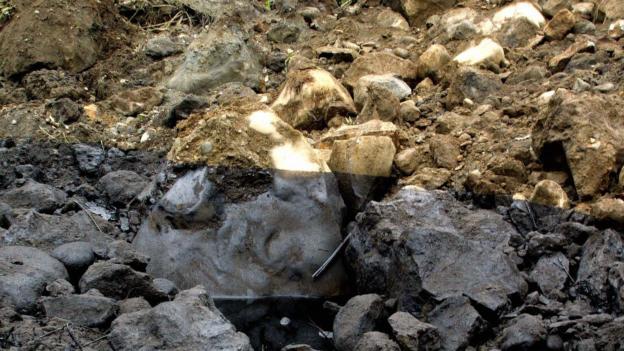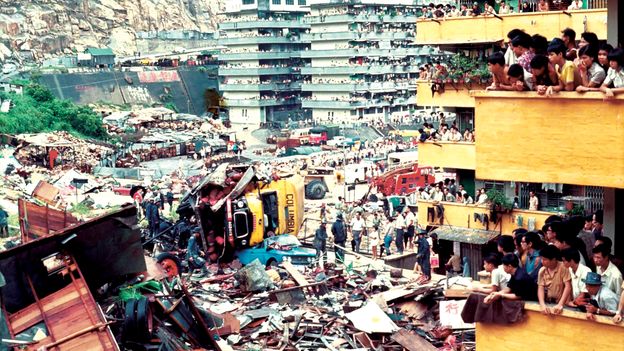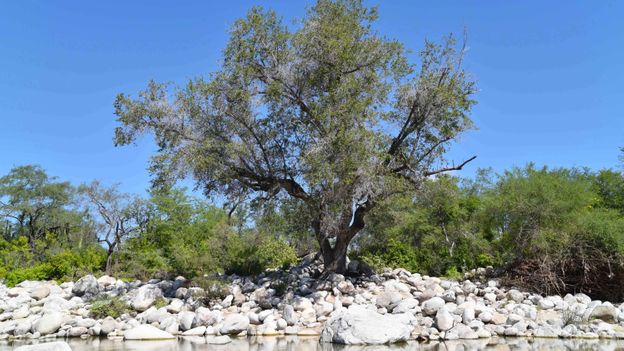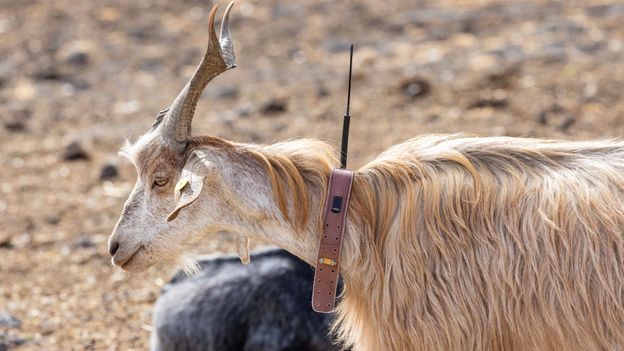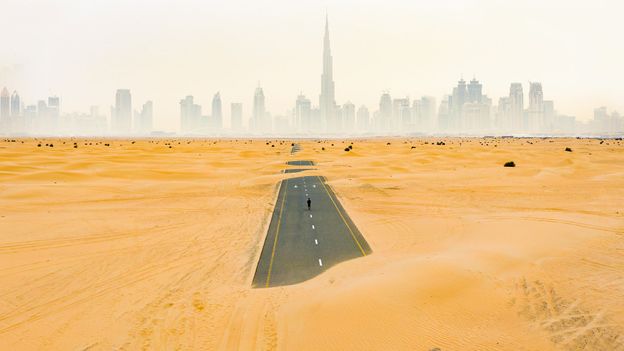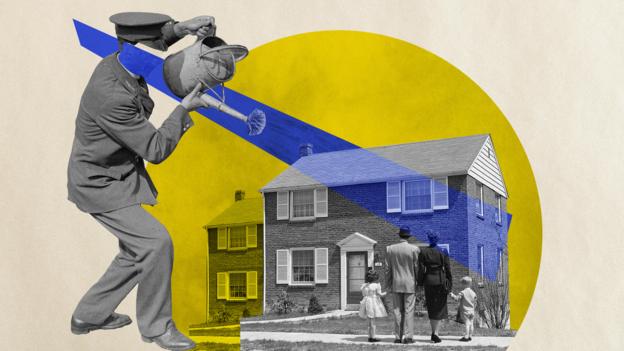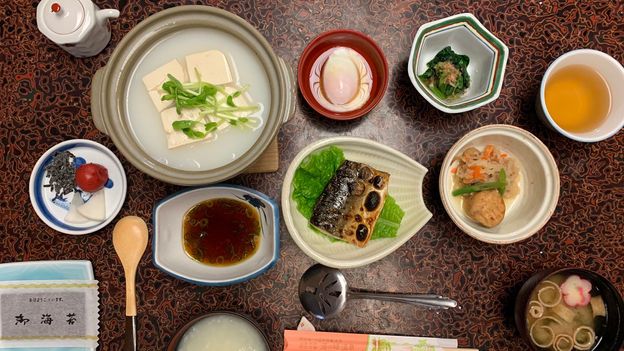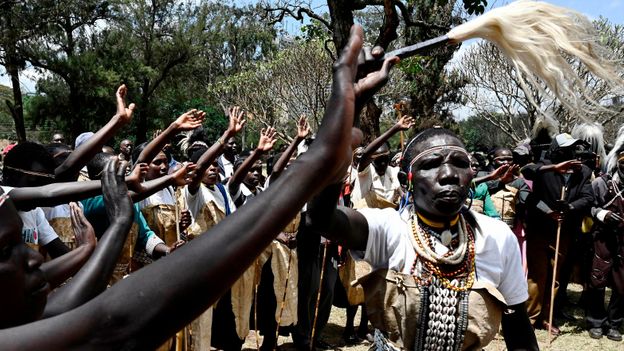Large-scale bioremediation methods have also been applied in Ecuador. Miguel Angel Gualoto, professor of environmental engineering at the Universidad de las Americas in Quito, helped design and oversee several bioremediation initiatives in the north-eastern Amazon.
One project for Ecuador’s Ministry of Environment involved cleaning an oil spill that had occurred in the 1980s. Nearly 30 years later the project began with excavating the contaminated soil and moved it to a nearby area where it could be oxidised and treated, much like Marmiroli’s work. Here they infused it with the naturally occurring fungi and bacteria found in the nearby soil, as well as compost, before putting it back in place.
It was a large and painstaking process – a team of 13 people worked for 11 months in the harsh conditions of the rainforest to clear up just one pool of oil. In total, the project cost over $2m (£1.5m).
Before the job was done, Gualoto says his team found almost 80 other oil pits and spills, most of them buried by a thin layer of vegetation. They never returned to address these sites, saying no one is interested in funding bioremediation as industrial soil washing is more lucrative. Plants and microbes in contrast don’t generate a profit for anyone and therefore “aren’t well looked upon”, he says.
Gualoto says projects like Gropper’s permaculture initiative will work to remediate contaminated soils, if and when the oil pits can be eradicated. “If you put a plant on a pool of oil, nothing will happen,” he says.
Gropper acknowledges the limitations of permaculture against these oil pits, and says much more is needed to get to the root of the problem. “We shouldn’t be in this situation, that we have to remediate our own lands,” says Gropper. But, through her permaculture project, she aims “to identify what it is that we can do on the level of the family and the community”.
Indeed, the reasons local people are turning to permaculture are many and varied. Elsa Maria Rios Jumbo, another participant of permaculture course, says she began the practice because she believed it would give her more control over her own health. Rios, who survived leukemia a few years ago, grows 12 kinds of medicinal plants, eight types of orchids, 38 kinds of fruit, and has a small vegetable garden on a one-hectare piece of land with her husband.
But Rios is also aware that both neighbours on either side of her have oil pits in their yards. She wonders whether the pools overflow during heavy rains or seep through the soil. She believes learning about permaculture and bioremediation will help her better prepare for these threats, she says. “We’re going to put in practice what we’ve been learning, and that’s good for me, my family and my whole community,” says Rios amid the beaming guava trees in her backyard. “We have to start somewhere.”
—
The emissions from travel it took to report this story were 77kg CO2, travelling by bus and taxi. The digital emissions from this story are an estimated 1.2g to 3.6g CO2 per page view. Find out more about how we calculated this figure here.
—
Join one million Future fans by liking us on Facebook, or follow us on Twitter or Instagram.
If you liked this story, sign up for the weekly bbc.com features newsletter, called “The Essential List”. A handpicked selection of stories from BBC Future, Culture, Worklife, and Travel, delivered to your inbox every Friday.

